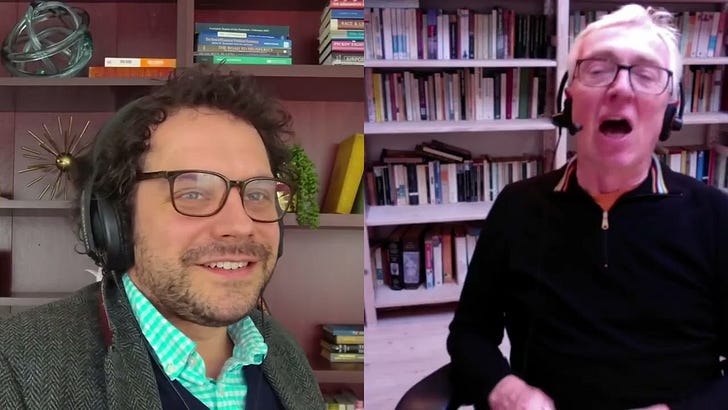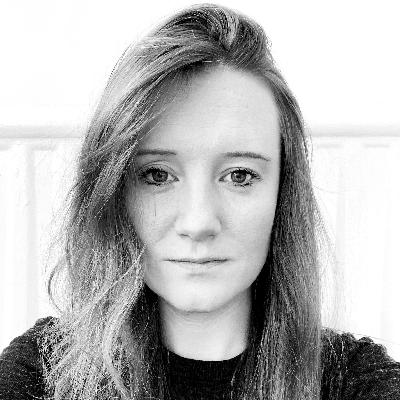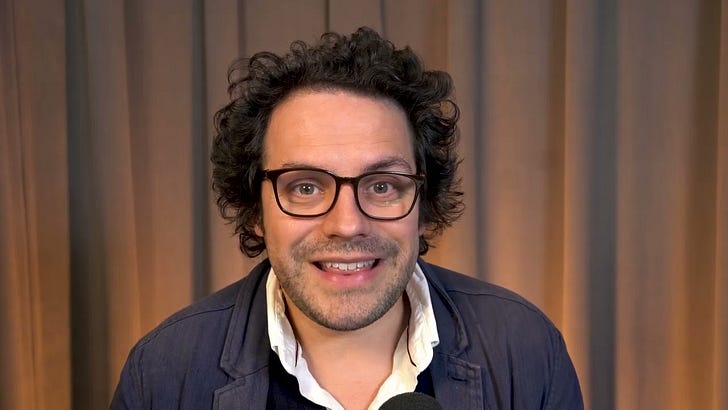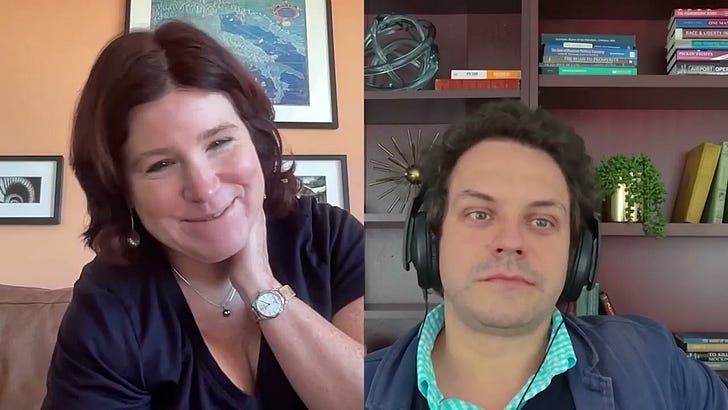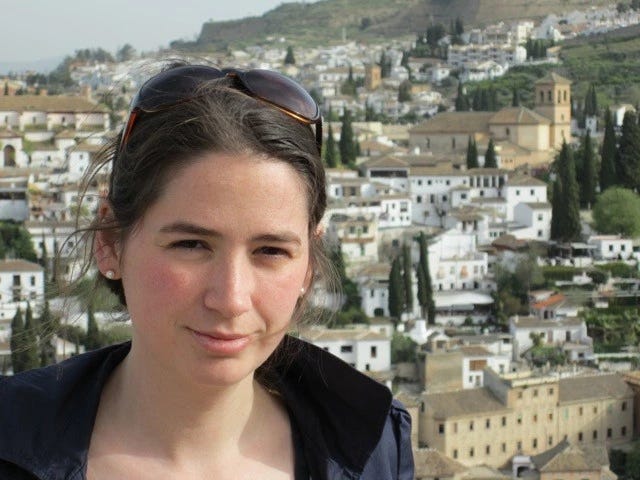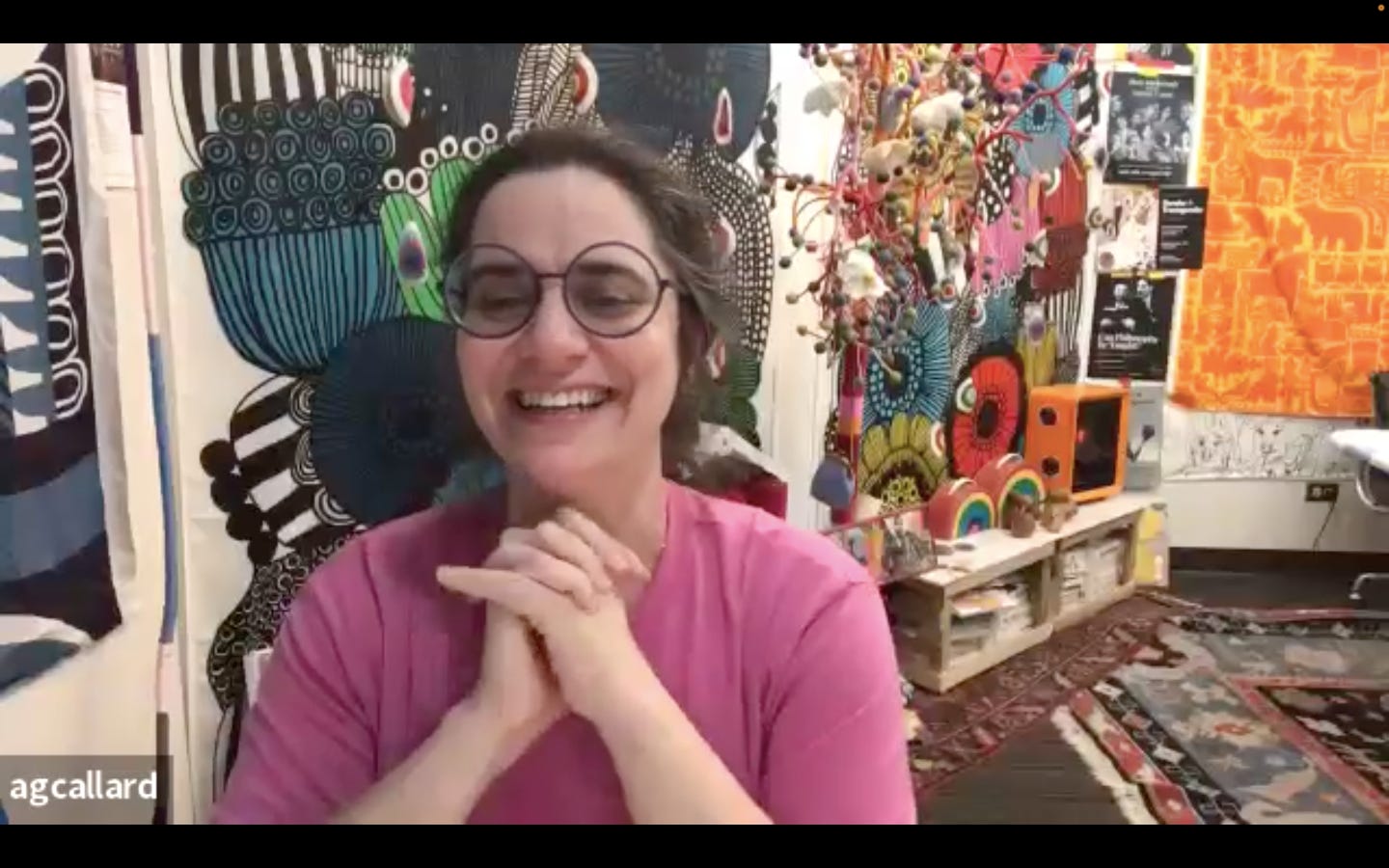Tyler Cowen: Trump's DOGE team should read Shakespeare.
Description
Tyler and I spoke about view quakes from fiction, Proust, Bleak House, the uses of fiction for economists, the problems with historical fiction, about about drama in interviews, which classics are less read, why Jane Austen is so interesting today, Patrick Collison, Lord of the Rings… but mostly we talked about Shakespeare. We talked about Shakespeare as a thinker, how Romeo doesn’t love Juliet, Girard, the development of individualism, the importance and interest of the seventeenth century, Trump and Shakespeare’s fools, why Julius Cesar is over rated, the most under rated Shakespeare play, prejudice in The Merchant of Venice, Shakespeare as an economic thinker. We covered a lot of ground and it was interesting for me throughout.
Here are some excerpts. Full transcript below.
Henry Some of the people around Trump now, they’re trying to do DOGE and deregulation and other things. Are there Shakespearean lessons that they should be bearing in mind? Should we send them to see the Henriad before they get started?
Tyler Send them to read the Henriad before they get started. The complicated nature of power: that the king never has the power that he needs to claim he does is quite significant. The ways in which power cannot be delegated, Shakespeare is extremely wise on. And yes, the DOGE people absolutely need to learn those lessons.
Henry The other thing I’d take from the Henriad is time moves way quicker than anyone thinks it does. Even the people who are trying to move quite quickly in the play, they get taken over very rapidly by just changing-
Tyler Yes. Once things start, it's like, oh my goodness, they just keep on running and no one's really in control. And that's a Shakespearean point as well.
And.
Henry Let’s say we read Shakespeare in a modern English version, how much are we getting?
Tyler It’ll be terrible. It’ll be a negative. It will poison your brain. So this, to me, will be highly unfortunate. Better to learn German and read the Schlegel than to read someone turning Shakespeare into current English. The only people who could do it maybe would be like the Trinidadians, who still have a marvelous English, and it would be a completely different work. But at least it might be something you could be proud of.
Transcript (prepared by AI)
Henry Today, I am talking to Tyler Cowen, the economist, blogger, columnist, and author. Tyler works at George Mason University. He writes Marginal Revolution. He is a columnist at Bloomberg, and he has written books like In Praise of Commercial Culture and The Age of the Infovore. We are going to talk about literature and Shakespeare. Tyler, welcome.
Tyler Good to chat with you, Henry.
Henry So have you ever had a view quake from reading fiction?
Tyler Reading fiction has an impact on you that accumulates over time. It's not the same as reading economics or philosophy, where there's a single, discrete idea that changes how you view the world. So I think reading the great classics in its entirety has been a view quake for me. But it's not that you wake up one morning and say, oh, I turned to page 74 in Thomas Mann's Magic Mountain, and now I realize that, dot, dot, dot. That's a yes and a no for an answer.
Henry So you've never read Bleak House and thought, actually, I do see things slightly differently about Victorian London or the history of the –?
Tyler Well, that's not a view quake. Certainly, that happens all the time, right? Slightly differently how you see Victorian London. But your overall vision of the world, maybe fiction is one of the three or four most important inputs. And again, I think it's more about the entirety of it and the diversity of perspectives. I think reading Proust maybe had the single biggest impact on me of any single work of fiction if I had to select one. And then when I was younger, science fiction had a quite significant impact on me. But I don't think it was the fictional side of science fiction that mattered, if that makes sense to you. Yeah, yeah, yeah. It was the models embodied in the stories, like, oh, the three laws of robotics. Well, I thought, well, what should those laws be like? I thought about that a good deal. So that would be another part of the qualified answer.
Henry And what was it with Proust? The idea that people only care about what other people think or sexuality or consciousness?
Tyler The richness of the internal life, the importance of both expectation and memory, the evanescence of actual events, a sense of humor.
Henry It showed you just how significant these things are.
Tyler And how deeply they can be felt and expressed. That's right. And there were specific pages early on in Swan's Way where it just hit me. So that's what I would say. Bleak House, I don't think, changed my views at all. It's one of my three or four favorite novels. I think it's one of the great, great, greats, as you have written yourself. But the notion that, well, the law is highly complex and reality is murky and there are all these deep mysteries, that all felt very familiar to me. And I had already read some number of newer sort of pseudo-Victorian novels that maybe do those themes in a more superficial way, but they introduce those themes to you. So you read Bleak House and you just say, well, I've imbibed this already, but here's the much better version of it.
Henry One of the things I got from Bleak House, which it took me a couple of reads to get to, was how comfortable Dickens was with being quite a rational critic of the legal system and quite a credulous believer in spontaneous combustion and other things.
Tyler Did Dickens actually believe in spontaneous combustion or is that a plot device? Like Gene Roddenberry doesn't actually believe in the transporter or didn't, as far as we
Henry know. No, I think he believed. Yeah. Yeah. He defends it in the preface. Yeah.
Tyler So it's not so confusing that there's not going to be a single behavioral model that captures deviations from rationality. So you end up thinking you ought to travel more, you ought to take in a lot of diverse different sources about our human beings behave, including from sociology, from anthropology. That makes it harder to be an economist, I would say it scatters your attention. You probably end up with a richer understanding of reality, but I'm not sure it's good for your research. It's probably bad for it.
Henry It's not a good career move.
Tyler It's not good for focus, but focus maybe can be a bit overrated.
Henry Why are you more interested in fiction than other sort of people of a broadly rational disposition?
Tyler Well, I might challenge the view that I'm of a broadly rational disposition. It's possible that all humans are roughly equally irrational, madmen aside, but if you mean the rationality community as one finds it in San Francisco, I think they're very mono in their approach to reasoning and that tends to limit the interests of many of them, not all, in fiction and travel. People are regional thinkers and in that region, San Francisco, there is incredible talent. It's maybe the most talented place in the world, but there's not the same kind of diversity of talents that you would find in London or New York and that somehow spreads to the broader ethos and it doesn't get people interested in fiction or for that matter, the visual arts very much.
Henry But even in London, if I meet someone who's an economist or has an economics degree or whatever, the odds that they've read Bleak House or something are just so small.
Tyler Bleak House is not that well read anymore, but I think an economist in London is likely to be much more well read than an economist in the Bay Area. That would be my prediction. You would know better than I would.
Henry How important has imaginative literature been to you relative to other significant writers like philosophers or theoretical economists or something?
Tyler Well, I'm not sure what you mean by imaginative literature. I think when I was 17, I read Olaf Stapleton, a great British author and Hegelian philosopher, and he was the first and first man and star maker, and that had a significant impact on me. Just how many visions you could put into a single book and have at least most of them cohere and make sense and inspire. That's one of the most imaginative works I've ever read, but people mean different things by that term.
Henry How objectively can we talk about art?
Tyler I think that becomes a discussion about words rather than about art. I would say I believe in the objective when it comes to aesthetics, but simply because we have no real choice not to. People actually, to some extent, trust their aesthetic judgments, so why not admit that you do and then fight about them? Trying to interject some form of extreme relativism, I think it's just playing a game. It's not really useful. Now, is art truly objective in the final metaphysical sense, in the final theory of the universe? I'm not sure that question has an answer or is even well-formulated, but I would just say let's just be objectivists when it comes to art. Why not?
Henry What is wrong with historical fiction?
Tyler Most of it bores me. For instance, I don't love Hila


